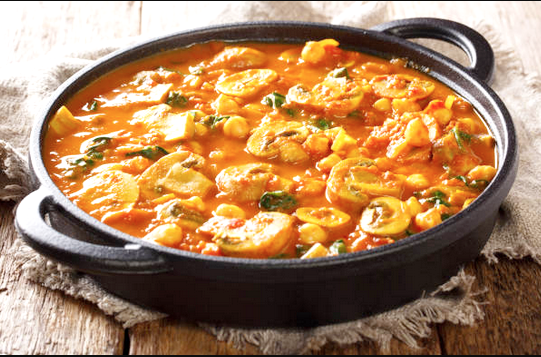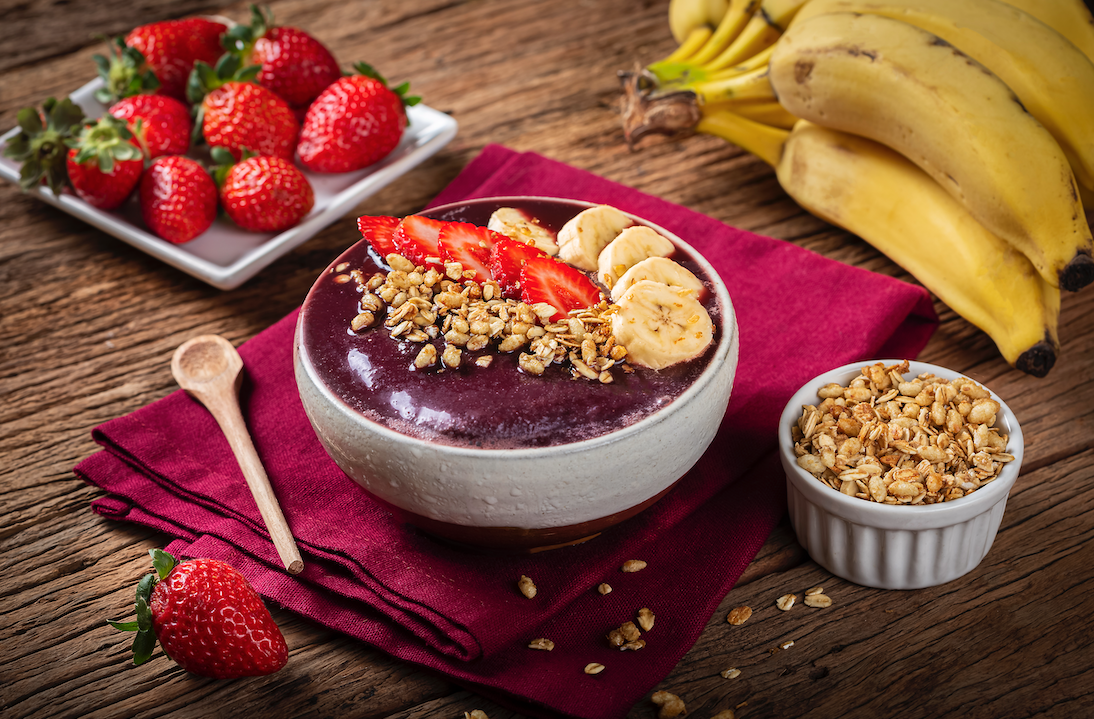
Horse Chestnut
Horse chestnut is a tree native to Balkan Peninsula, and they have slightly bitter taste. Horse chestnut is unsafe to eat raw, as it contains significant amounts of a poison called esculin and can cause death. Instead, horse chestnut seed extract is being used.
Usage
CVI
Some research shows that can be helpful to treat chronic venous insufficiency.
Join Pain
It may be helpful to treat joint pain.

Ancient Herbal Therapy
Traditionally, wild chestnut, as well as its preparations, has been used in people with joint pain, problems with urination, and other digestive problems, as well as in the treatment of fever and leg cramps.
Other uses not proven with research have included fever, cough, diarrhea, hemorrhoids, enlarged prostate, menstrual cramps, and swelling caused by arthritis, sprains, or bone fractures.
Wild chestnut seeds are collected when they are ripe and, if possible, as soon as they fall from the tree, because they spoil very easily (they lose their healing effect) when they stay on the ground for a long time.
How to use Horse Chestnut?
Oraly
Horse chestnut seed extract can be taken orally.
Cream
Can be applied topically treat varicose veins.
The homeland of the wild chestnut is the Balkan Peninsula.
It grows as a tree up to 30 m high.
Wild chestnut has been a decorative plant in European Russia.
It is a common sight in parks, gardens, and streets.
About
Horse chestnut or lat. Aesculus hippocastanum is a deciduous tree from the family Hippocastanaceae. Although the name may be misleading, it is not related to the sweet chestnuts.
It grows as a tree up to 30 m high, with a dense, nicely rounded crown. The homeland of the wild chestnut is the Balkan Peninsula. As a decorative plant, wild chestnut is widespread in the southern and central part of European Russia, in Ukraine, in Crimea, in the Caucasus, in Central Asia.
Composition
The main component of wild chestnuts, escin, is considered responsible for most of the effects on stabilizing the walls of venous blood vessels, and thus for reducing swelling and pain. Wild chestnut calms inflammatory processes, increases the strength of blood vessels, increases the resistance of venous capillaries, and reduces the permeability to fluid, thus reducing the load on venous blood vessels and swelling.
Wild chestnut is well studied. The medicinal properties of wild chestnut are explained by its rich chemical composition. The fruits of wild chestnut contain, other than escin, coumarin (prevents the formation of blood clots in blood vessels), esculitin and its glycoside esculin (stimulates the production of a substance that prevents thrombus formation, reduces capillary permeability), flavonoid glycosides quercitrin, isoquercitrin, quercetin (antioxidant properties), campferol (has anti-inflammatory and diuretic effects). Wild chestnut has taken its place in official medicine and its extract is used to make pharmacological products. Several studies confirmed the protective antiplatelet, anti-inflammatory, antiseptic, antisclerotic, antioxidant, and diuretic effects.
Science
The wild chestnut extract is used to treat varicose veins and hemorrhoids. It is also used for diarrhea, fever, and enlarged prostate. Preparations based on standardized wild chestnut seed extract are used orally in the treatment of chronic venous insufficiency. It reduces the symptoms that occur in venous diseases, such as varicose veins, pain, fatigue, swelling of the legs, edema.
Safety
At-home preparation of wild chestnuts is recommended with great caution. It is best to use ready-made medical forms, which have passed sanitary control and are approved for use. It is recommended to avoid horse chestnut in case of blood clotting disorders, diabetes, kidney and liver conditions, intestinal infections, epilepsy, asthma, migraine headaches, and latex allergy. Additional contraindications: pregnancy and breastfeeding.
Fun Facts
The plant, has been used as a remedy for horses. Chestnuts are the only nuts with vitamin C.
-
Suter, A., Bommer, S., & Rechner, J. (2006). Treatment of patients with venous insufficiency with fresh plant horse chestnut seed extract: a review of 5 clinical studies. Advances in therapy, 23(1), 179-190.
Pittler, M. H., & Ernst, E. (2012). Horse chestnut seed extract for chronic venous insufficiency. Cochrane database of systematic reviews, (11).



